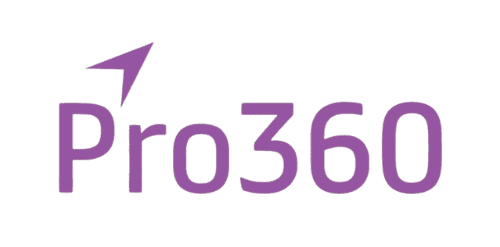Budgeting Software Dubai
Our real estate budgeting software helps property professionals manage expenses, plan accurately, and maintain full financial control across projects. Our real estate budgeting module is designed to empower property professionals with comprehensive financial planning and management tools. This module enables you to create detailed budgets, set financial targets, and forecast future revenue and expenses with ease. Track and categorize operating costs effectively while gaining insights into cash flow to ensure your projects stay on budget.
With robust reporting features, you can generate financial statements and performance analyses to make informed decisions. Seamlessly integrating with your existing financial systems and accessible from any device, our budgeting module helps you maintain financial control and optimize resource allocation. Discover how our tailored solutions can enhance your budgeting processes and drive growth in your real estate business.


